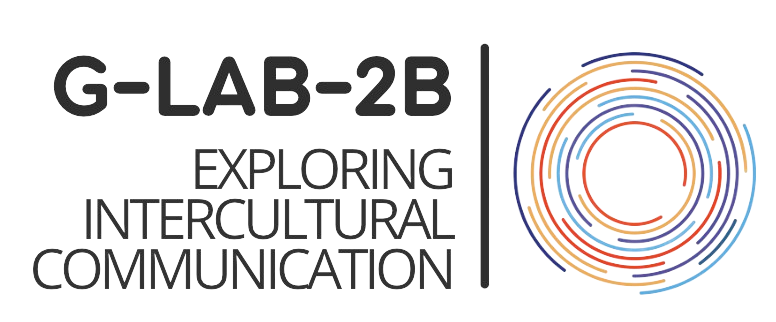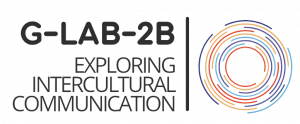I will develop in this article the hypothesis that we live in an age where simple answers are “thrown around like confetti” to cover up very complex issues. But anyone who examines the depth of our world senses that this simplicity is deceptive. The progress we often think we see in our world is perhaps just a new wrapper for the old stories we tell ourselves. Stories that hold us “captured” instead of freeing us.
Table of Contents
Rejecting comfortable answers
To go further, I believe the goal should not be to simplify the world in this sense, but to understand it, like Hanna Arendt said. This requires the courage to think in “high-resolution” mode, to look for the details, or to “look behind the television we are watching.” It also requires asking again and again: Why? Why do we believe what we believe? Why do we accept what we accept? Scientific work means seeing complexity not as a problem, but as the basis of truth. It means rejecting comfortable answers and facing uncomfortable questions.
The roots of the “polycrisis”
The major challenges of our time are not isolated phenomena, but are deeply intertwined and “multi-causal” in it’s nature. The so-called polycrisis by Adam Tooze describes this interaction in which different crises reinforce each other and create new challenges. To solve these problems, it is essential that we get to the roots; such as their structures, embedded narratives and ways of thinking that promote these crises. Here again a key is; it is not enough to treat the symptoms; it is important to understand how power, its interests and historical events have shaped the current complexities.
The old stories
Our society is plagued by stories that tie us to old paradigms like invisible threads, for example the nationalism that exalts our own culture and “belittles” the others, for what reason? Or the mythical history of the free market that sells unlimited consumption as freedom and destroys the world in this same process. The religious fanaticism that stifles dialogue and replaces diversity of ideas with the tyranny of the absolute. The idea that every society is unique and superior is also one of these convenient inventions. It divides rather than unites and creates enemy stereotypes where none should exist and entrenches injustices that should have been overcome long ago. Even the political systems of our time persist in the winner/loser paradigm as elections are staged as battles and dialogue, the foundation of all democracy becomes a collateral damage.
Looking further back
In the 17th and 18th century it was the Enlightenment that “fought” against the ignorance of absolute faith in god and the lack of political freedom. The old powers; the Church and the Nobility were challenged and the people demanded a world based on science and real freedom. Today we face new old powers such as “social media” and digital technologies that promise freedom ( of expression ), but often only create new forms of “slavery”.
New stories – G-Lab-2b
The new stories we create should open spaces for thought and action, i.e. stories that allow us to think differently about the world and explore new paths, stories that are not based on division but on connection. Global challenges; climate change, social inequality, digital transformation demand a new narrative that makes it easier to live together, as one society on this planet. A narrative that no longer preaches growth at all costs but one that creates sustainability and above all meaning.
The task of a ThinkTank, as is G-Lab-2b, is to create this aforementioned space, a space that is not full of “low-resolution” answers but of deep reflections, a space that questions these old stories and creates new narratives with more meaning, for a sustainable future and a fairer and freer world. These new stories will not be comfortable and will challenge us, but possibly also liberate us.


